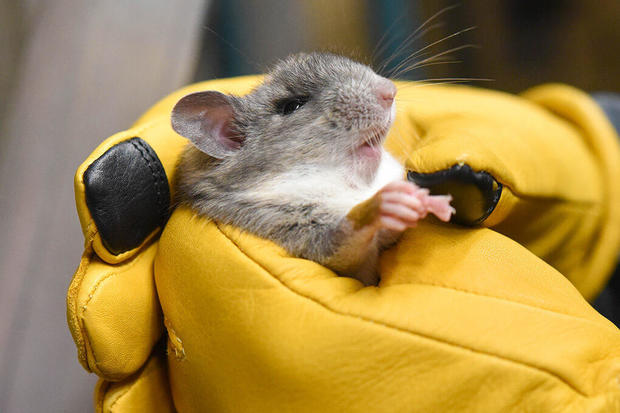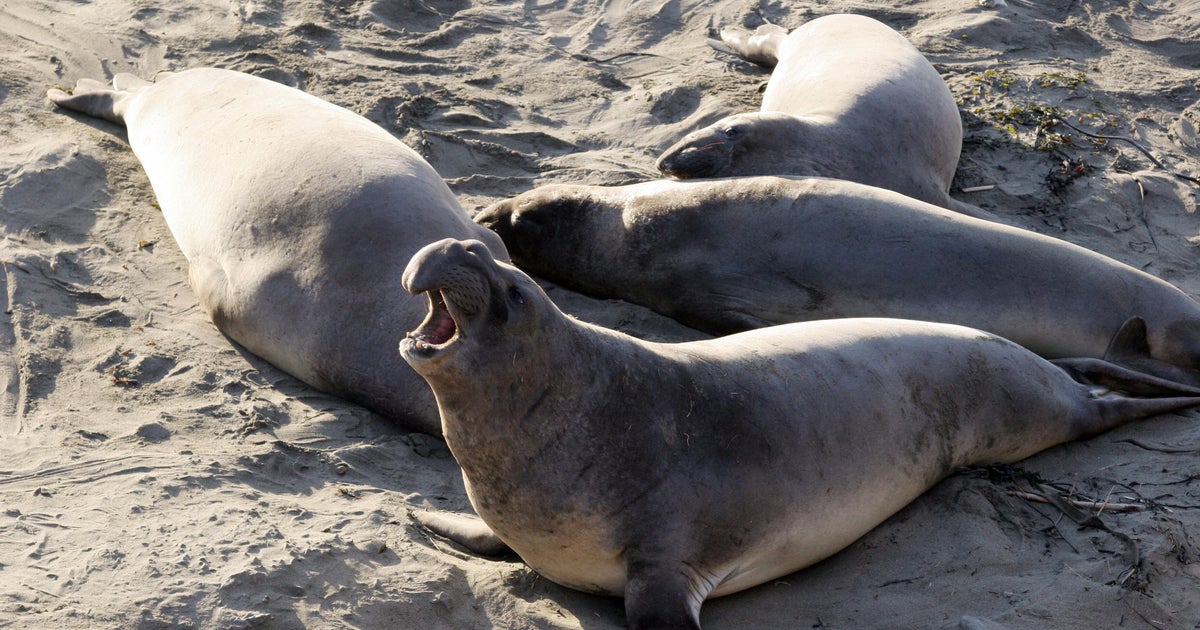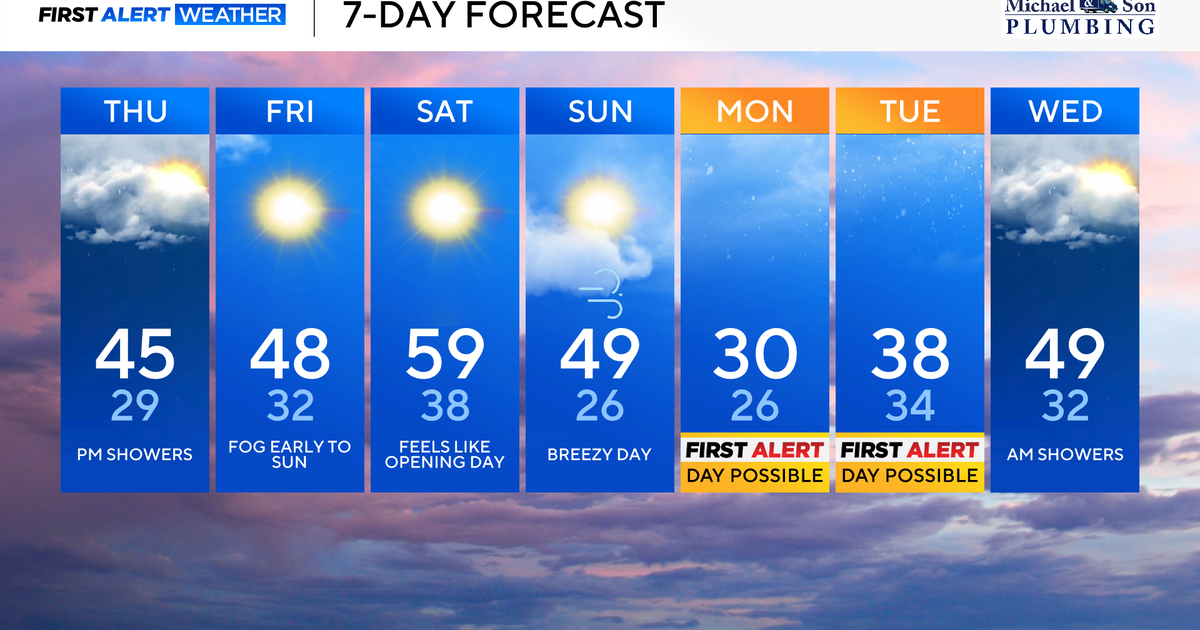Pennsylvania joins multi-state coalition to repopulate Allegheny woodrat
HARRISBURG, Pa. (KDKA) -- Pennsylvania is partnering with several states to rebuild struggling populations of Allegheny woodrats.
The Pennsylvania Game Commission, the Maryland Zoo and the Wildlife Futures Program at the University of Pennsylvania's School of Veterinary Medicine are part of a group that is starting a woodrat captive breeding program.
A small number of wild animals will form a founding colony at the Maryland Zoo, the Game Commission said. The first member is a female from Mifflin County who turned out to be pregnant, giving birth to three pups. She'll be joined by woodrats from Virginia and Indiana to continue breeding future generations.
Since the pups will be released, the team is taking a "hands-off" approach so the woodrats don't form human attachments that would limit their abilities to fend for themselves in the wild. The three pups will stay at the zoo for a few weeks before they are transferred to a soft-release pen where they'll continue to grow.
Allegheny woodrats live only in the Appalachian Mountains. While they're called rats, they're actually more mouse-like in appearance.
The Allegheny woodrat's range once extended from southwestern Connecticut west to Indiana and south to northern Alabama. Now they're listed as endangered in several states and are considered as a species of conservation concern in several more, including Pennsylvania. These states and their university and zoo partners have formed the Allegheny Woodrat Working Group, which will coordinate a range-wide recovery and prevent the federal listing of the species.
The Game Commission says the fragmentation of their forest habitat, loss of food sources to invasive species, a fatal parasite spread by raccoons and increased competition for food has caused a decline in woodrat populations, including a 70% drop in Pennsylvania over the past four decades.
The goal of the Allegheny Woodrat Working Group is to produce genetically diverse woodrats that can be reintroduced back into the wild to improve the genetic diversity of the remaining woodrats.








